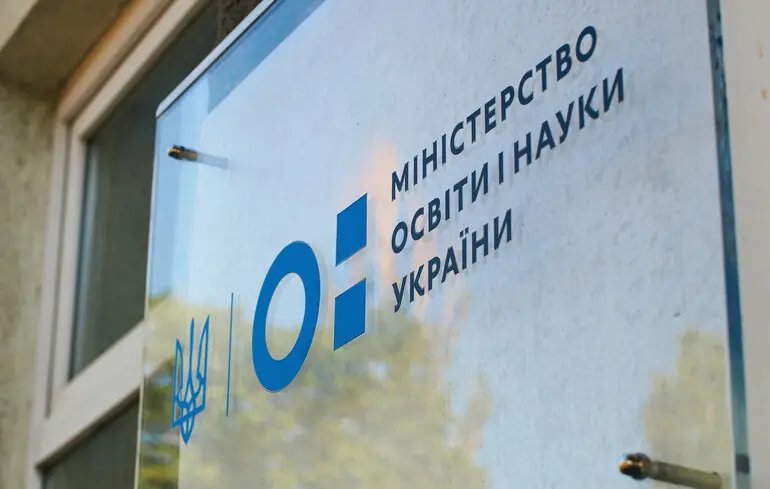New MOH Guidelines on Speech: How the Government Shapes the Official Narrative of Education Reforms

In recent months, Ukraine’s Ministry of Education and Science has developed a comprehensive set of recommendations for experts and specialists involved in discussing and promoting educational transformations.
These instructions, which include specific tone and phrasing guidelines, aim to create a unified informational field and exert control over the dissemination of information.
Official documents clearly specify recommended phrases for speeches and public comments, such as “I am involved because I have expertise” or “MOES develops concepts for each sector because the world is changing,” to reinforce unity and manage the narrative.Importantly, the recommendations lack any guidance for expressing disagreement or criticism.
Oksana Onyshchenko, editor of the Education and Science section, notes that the ministry does not advise experts to “keep silent” or present information only within permitted boundaries; instead, all information is framed politely and diplomatically.
For example, experts are encouraged to say, “This is beyond my competence” or “It’s better to refer directly to the team implementing this policy,” to avoid negative judgments or conflicts.
This approach, however, limits the role of civil society in shaping education policies.A particularly controversial focus is on what is called “Updated Education.” The Ministry prepared a set of standard phrases to help experts accurately interpret this concept.
They state that “Updated Education” means one that develops competencies rather than just transferring knowledge, preparing individuals for life in a rapidly changing world.
These recommendations specify certain formulations and tagging the ministry in social media postings, which introduces an additional layer of control.Previously, experts were encouraged to discuss “developments” and “decisions,” but more recent guidelines emphasize that only after decisions are finalized and published should they be discussed publicly.
Onyshchenko argues that this significantly restricts civil participation and open debate, pushing society into passivity and limiting its capacity to influence policy during the decision-making process.Overall, this “guideline” suggests that official communication policies are now focused on supporting a controlled, formal presentation of reforms, which diminishes transparency and openness.
Such restrictions create an illusion of dialogue, while genuine engagement and critique are effectively suppressed.
As a result, society risks being sidelined from meaningful participation in educational reforms, which is critical for their successful implementation.

